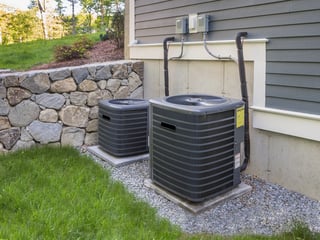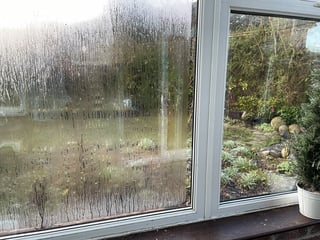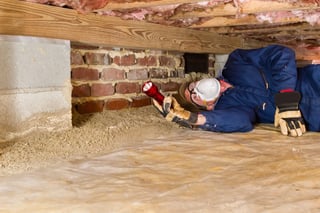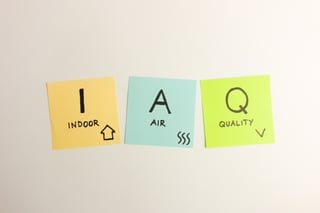
Welcome to your healthy lifestyle destination. Delivering the clean energy trends and insights that help us create a more sustainable planet together.
-

healthy living
Future-focused solutions for better indoor air quality
Indoor air can harbor harmful contaminants like allergens, mold and VOCs. Fortunately, 2025 promises groundbreaking IAQ advancements and innovative ventilation solutions.
-

healthy living
How indoor air quality impacts mental sharpness — and what you can do about it
Brain fog and mood swings? Your indoor air could be the culprit. Read more to learn how indoor air quality impacts mental sharpness and discover how improving it can sharpen your mind and lift your mood.
-

healthy living
New year, new air: 6 resolutions for a healthier home
Make 2025 the year of healthy indoor air! These 6 resolutions will transform your home into a sanctuary of clean, fresh air and well-being.
-

healthy living
New parent? Here’s what you need to know about the air in your home
Bringing home a new baby? Learn why good indoor air quality is foundational for your little one’s health and just as important as the nursery essentials.
-

healthy living
Love your pet but hate how they make you sneeze? It doesn’t have to be that way
Can you love your furry friend without the allergic reactions? Here's how proper care, along with effective ventilation products, can create a healthier home for you and your pet.
-

healthy living
Choosing an air purifier for a healthier cold & flu season
Is the indoor air quality in your home making cold and flu season worse?
-

healthy living
Why ERVs are the key to better indoor air quality
Tightly-sealed construction has made homes more energy-efficient, but it also creates a new challenge with limited air exchanges and poor indoor air quality. Here's how you can fix this in your home.
-

healthy living
From furnace to filter: How HVAC systems work for your home
What’s really going on behind the scenes when you adjust your thermostat?
-

healthy living
Keeping humidity in check for a healthier home
Does your home have the optimal moisture levels?
-

healthy living
Mold 101: How to spot, clean and control it
Mold is useful in nature but causes problems in your home.
-

healthy living
How to defend your indoor air quality from wildfire smoke
How to keep the air inside your home healthy as wildfire season looms.
-

healthy living
Allergies got you down? An air purifier can help
For severe allergy sufferers, spring doesn't have to be unbearable.
-

healthy living
Volatile organic compounds and how they affect indoor air quality
Everything you need to know about these silent, smelly invaders.
-

healthy living
Allergens: What are they, and how can you protect your home?
Keep the silent invaders from running amok in your healthy home.
-

healthy living
Remodeling? Consider these key factors for a healthy home
Can you have the renovated healthy home of your dreams all in one?
-

healthy living
How to improve your energy efficiency for a healthier home
Your healthy home's inseparable relationship with its energy efficiency.
-

healthy living
4 Ways indoor air quality affects you — and why it matters
Is it time to pay attention to the air you breathe at home?
-

healthy living
Good health starts at home
North Americans today are spending more time inside than ever before. According to a recent study published in the Journal of Exposure Analysis and Environmental Epidemiology, Americans spend approximately 89% of their time indoors – just slightly more than their Canadian neighbors (87%). While that time might once have been spread across many different places, the coronavirus pandemic has shifted this balance as state and local governments have imposed restrictions limiting access to schools, o...
-

healthy living
4 Ways to improve the indoor air quality in your home
There's more to the air you breathe than meets the eye — literally.
-

healthy living
Indoor air quality: 4 pollution sources affecting your home
Staying healthy starts with the air you breathe - here's how.
- «
- ‹
- 1
- ›
- »
Signup for the Healthy Living Newsletter